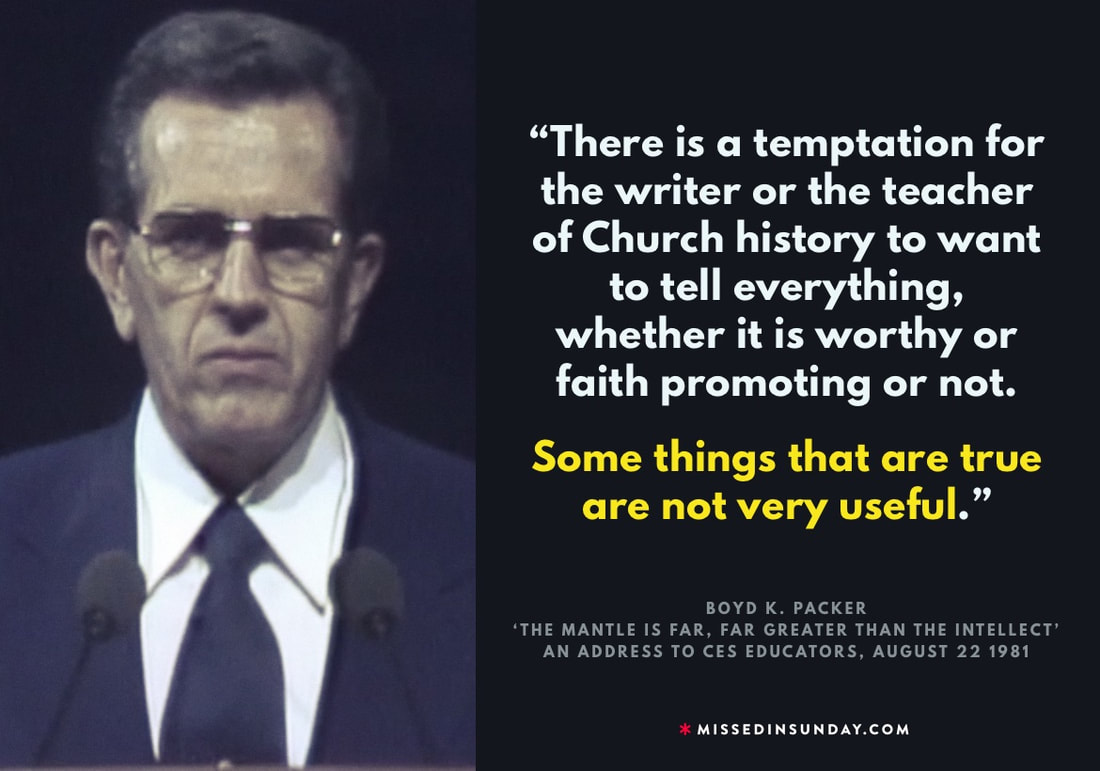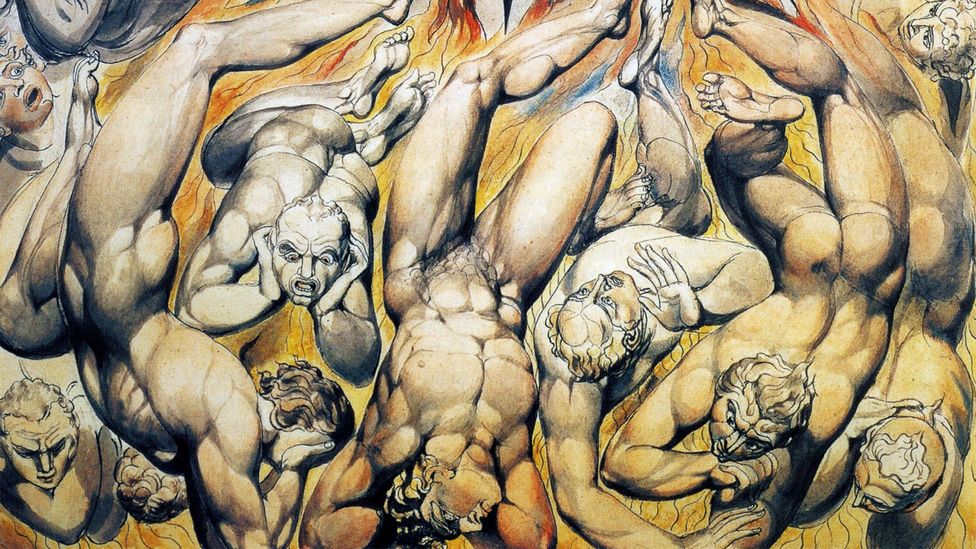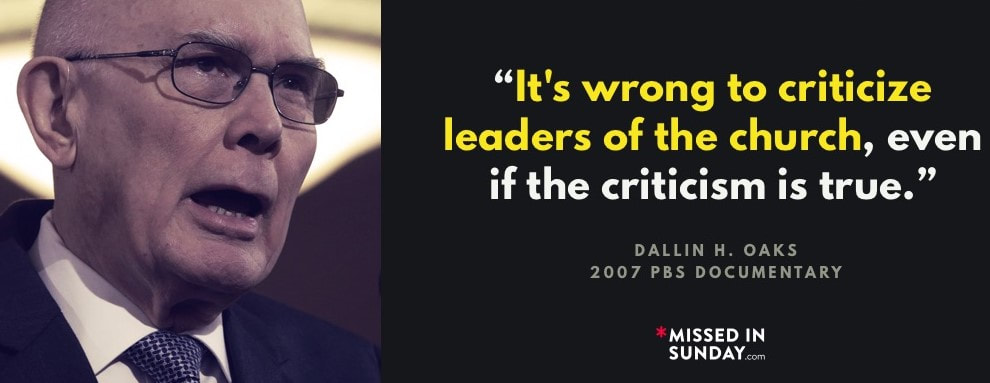1 Comment
Clark Burt
3/24/2022 05:58:18 am
I love this post. I was told once by a church historian that the church's history does not prove that the church is false anymore than it proves the church is true. It has always been more faith promoting for me to know that the history proves what Nephi said when he told us to never put our trust in men, any men. The Lord does this to protect us and when leaders and others seem to demand loyalty or devotion or special status, their faith in the Lord is lacking.
Reply
Leave a Reply. |
AuthorTim Merrill Archives
July 2024
|
|
|
© COPYRIGHT 2019 - 2024
|






 RSS Feed
RSS Feed